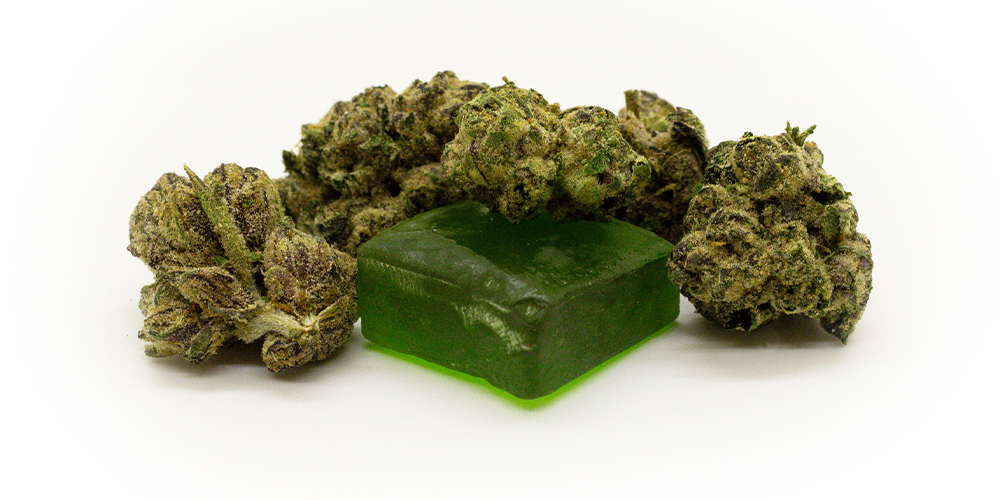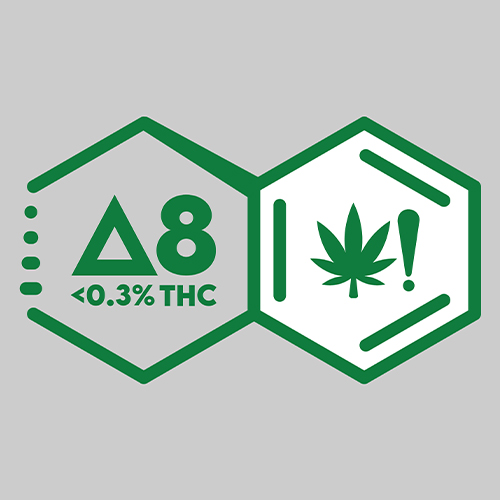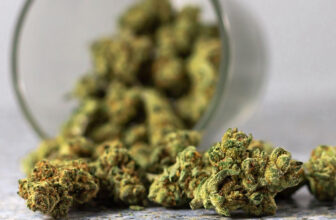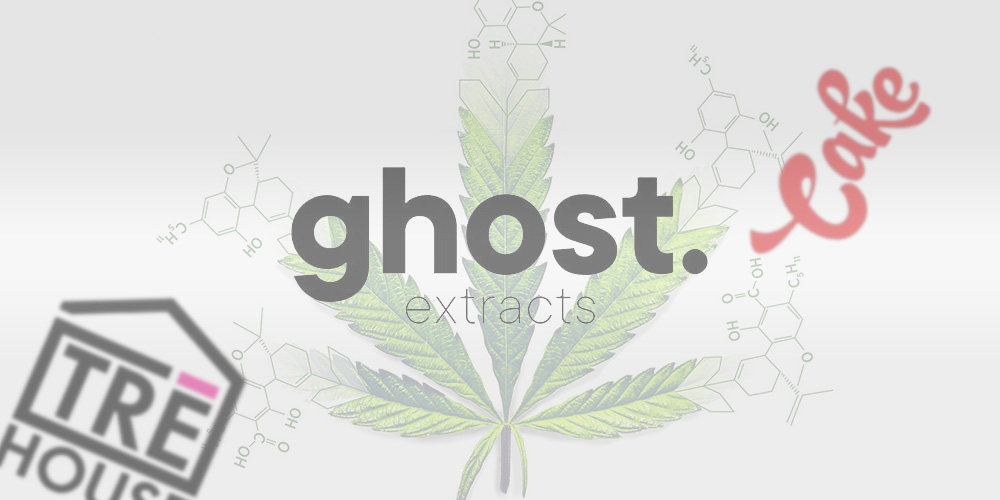
Delta-8 tetrahydrocannabinol (delta-8 THC) and delta-9 tetrahydrocannabinol (delta-9 THC) are cannabinoids with diverse effects on the body. In states where medical and recreational marijuana is legal, cannabis dispensaries offer products with delta-8 and delta-9 THC.
Both of these cannabinoids are derived from the cannabis sativa plant. However, the plant contains small amounts of delta-8 as opposed to delta 9. In other words, the plant contains significant amounts of delta-9 THC and very little delta-8 THC.
Despite having some similarities, delta-8 THC and delta-9 THC have significant differences you should understand before consuming them. In this post, we’ll dive deep to explain the two cannabinoids so that you can understand their differences.
What Is Delta-8 THC?
Delta-8 naturally occurs in cannabis sativa plants in very small amounts. Delta-8 products can be in many forms, including chocolate, cookies, gummies, infused drinks, tinctures, breakfast cereals, and vape cartridges.
Some companies market delta-8 products as cures for certain health conditions. However, these claims haven’t been scientifically proven, and more research is needed to confirm the theory.

Potential Benefits Of Delta-8 THC
As stated, most of the benefits of delta-8 THC aren’t proven. More data is needed to clarify the health benefits of delta-8 THC, but legality issues make research difficult. Nevertheless, according to some reports, delta-8 has the following benefits:
- Appetite stimulation: Delta-8 THC may help increase your appetite, making it beneficial to individuals with eating disorders or those undergoing chemotherapy.
- Reduced anxiety: Delta-8 could have anxiety-reducing effects. It interacts with your body to provide calming and relaxing effects.
- Legal: Unlike delta-9, which is illegal in many states, delta-8 is legal in many states, provided it’s derived from hemp and contains no more than 0.3 % of delta-9.
- Improved sleep: Due to its calming and relaxing effects, delta-8 may improve your sleep quality more than delta-9
- Anti-inflammatory effects: When consumed, delta-8 may have effects that reduce inflammation. This is particularly beneficial for people with inflammatory bowel disease or arthritis.
If you want to consume delta-8 for its benefits, consult your doctor first. Also, the legal status of delta-8 varies from state to state, so check your state’s laws before using it.
Potential Side Effects Of Delta-8 THC
Although delta-8 THC is less potent and has fewer risks than delta-9, it still has some potential side effects linked with its consumption. But the risks depend on the dosage; if you take more delta-8, the side effects may become severe. These side effects include:
- Dry mouth and eyes: Delta-8 causes dry mouth, which could cause discomfort and increase the risk of oral health issues like tooth decay. It may cause dry or red eyes as well because of its effect on blood pressure.
- Fatigue: Due to the calming and relaxing effects, some people feel tired after consuming delta-8 THC.
- Short-term memory loss: Delta-8 may affect the normal function of the hippocampus—a brain region that deals with memory formation. As such, delta-8 could impair short-term memory.
Additional side effects occur due to how a product with delta-8 THC compound is manufactured. Since it’s derived from hemp using chemical solvents, impurities such as metals and other residuals can potentially harm your health.
What Is Delta-9 THC?
Delta-9 THC is a major component of the cannabis sativa plant. When you consume delta-9 THC beyond a certain amount, you become high. Delta-9 is available in many forms, including gummies, lotions, rolled joints, infused drinks, cookies, and vape cartridges.
Potential Benefits Of Delta-9 THC
Although delta-9 is mainly known for its recreational use, it can have some therapeutic benefits. They include:
- Potential for medical use: Delta-9 has been studied and approved for medical use in some states. It may be prescribed for conditions such as nausea, vomiting, and loss of appetite related to chemotherapy or other conditions.
- Reduce anxiety and depression: While high doses worsen the symptoms of anxiety and depression, controlled doses of delta-9 THC may have anxiolytic and antidepressant effects.
- Pain relief: Delta-9 interacts with hormones that regulate pain and inflammation. In other words, it could help reduce pain and inflammation in people with chronic pain conditions like cancer.
- Help with glaucoma: Glaucoma is a condition that leads to vision loss due to increased eye pressure. Delta-9 THC may help reduce intraocular pressure, a major glaucoma factor.
Although there’s no clear proof that delta-9 should be used as medication, the Food and Drug Administration (FDA) approved delta-9 synthetics such as dronabinol and nabilone. These two alleviate nausea and vomiting caused by chemotherapy and the like.
Potential Side Effects Of Delta-9
Despite having benefits, delta-9 also has some side effects. Yet they depend on the amount and quality of delta-9 consumed. Some of the common side effects include:
- Paranoia: Taking high doses of delta-9 THC may lead to paranoia and anxiety-related symptoms, especially in people with pre-existing mental conditions.
- Low blood pressure: Delta-9 THC may decrease blood pressure too by dilating blood vessels and blocking stressors that increase blood pressure. It’s a significant side effect, particularly for people with low blood pressure.
- Sedation: Delta-9 THC may interact with the hormone melatonin– which regulates sleep and wakefulness – causing sedation or drowsiness.
Additionally, delta-9 THC is believed to cause recurring nausea, dehydration, abdominal pain, and severe vomiting, particularly for long-term users. The consumption of delta-9 THC-laced products could increase the risk of schizophrenia, substance abuse disorders, psychosis, and depression as well.
Wrapping Up
The ultimate choice between delta-8 and delta-9 THC depends on your preference and personal needs. For instance, if you’re looking for a form of THC with milder effects and is legally available, delta-8 fits the bill. On the other hand, if you want a THC approved for medical use, delta-9 is your choice. At the end of the day, before consuming any product with THC, you need to seek the guidance of your physician.








